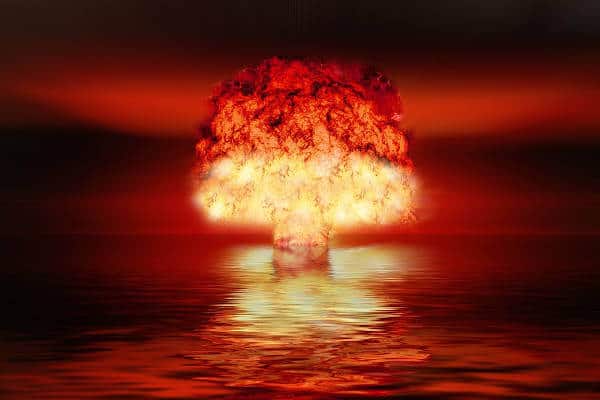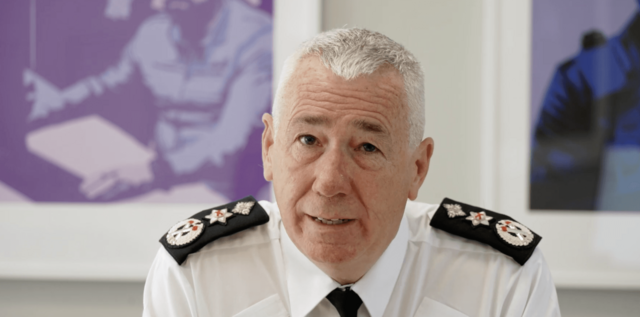WE live in an anti-reason age where the truth holds little value and conspiracy creates global movements. It is an age like the 1930s in many ways, yet utterly modern in others. The casualty in it all is the human capacity for reason, and the threats that flow are existential.
I grew up in the last decades of the 'Cold War', when the largest nuclear powers on the planet held the potential for global annihilation in a suitcase with a button. When the Winds of War, a beautiful and powerful post-apocalyptic cartoon, was screened I cried for a week, terrified of what might happen. Fear controlled our perception of agency.
We grew up knowing what proxy wars were. Vietnam, Afghanistan and all of Latin America were sentenced to devastating inhumanity because of two superpowers’ attrition. While there was a reluctance to push red buttons, there was no reluctance to kill millions upon millions of wholly disconnected people, and devastate their countries for generations. Some notable media noticed, highlighted and spoke about this.
Then came the high-water mark of Glasnost. When the threat of nuclear war dissipated, the concept of actual application of human rights came to the fore. For an all too short period of time the international emphasis was on building alliances for growth, change and justice. Reason, diplomacy and conflict resolution had a day in the sun. That was cut short by America’s illegal and inhumane response to 9/11. The biggest cheerleader for universal rights tore the rule book up when it suited them. Self-interest replaced reason, and the rights which derive from it.
We cannot normalise a world where people are bombed, and are collecting the flesh of children in plastic bags.
— Apsana Begum MP 🔴 (@ApsanaBegumMP) August 15, 2024
We cannot accept a world where newborns are killed, with their parent having just collected their birth certificates.
Since then, proxy wars have devastated North Africa, much of the Middle East and parts of mid-Asia. The back story gets little Western focus. The prism through which we viewed the devastation of Libya or Syria was heavily framed by US State Department policy. There were few journalists to argue, except the notable and esteemed. That ISIS and the Arab Spring find their genesis in Langley, rather than Kabul or Cairo, goes generally unmentioned.
As the carnage in Gaza continues, the supply by the US or UK of weapons of mass destruction to a country indicted by the International Court of Justice is focused on by some on social media, while generally ignored by establishment media. The issue of whether Iran will enter into a conflict, however, is kept stoked. Perhaps that is genuine or perhaps it is to distract from genocide and legitimise the Israelis. Of course, analysis of all of that is of little comfort to the children living and dying with this hell.
As we try to engage with the enormity of global politics we are faced with a diminishing in the legitimacy of reason. With the internet has come more access to information than ever existed in human history, yet a parallel threat to the primacy of truth and learning. The mainstream media has decades of form in the censored protection of establishment interests, but it descends rapidly into dumbed down content; meanwhile the alternative social media sites have become a place where those searching for answers in a confused, post-lockdown world are fed right-wing conspiracies which gain more currency than inconvenient facts. And thus, yet again, our human agency and potential is compromised.
There is no doubt we are living in a very grave period.








